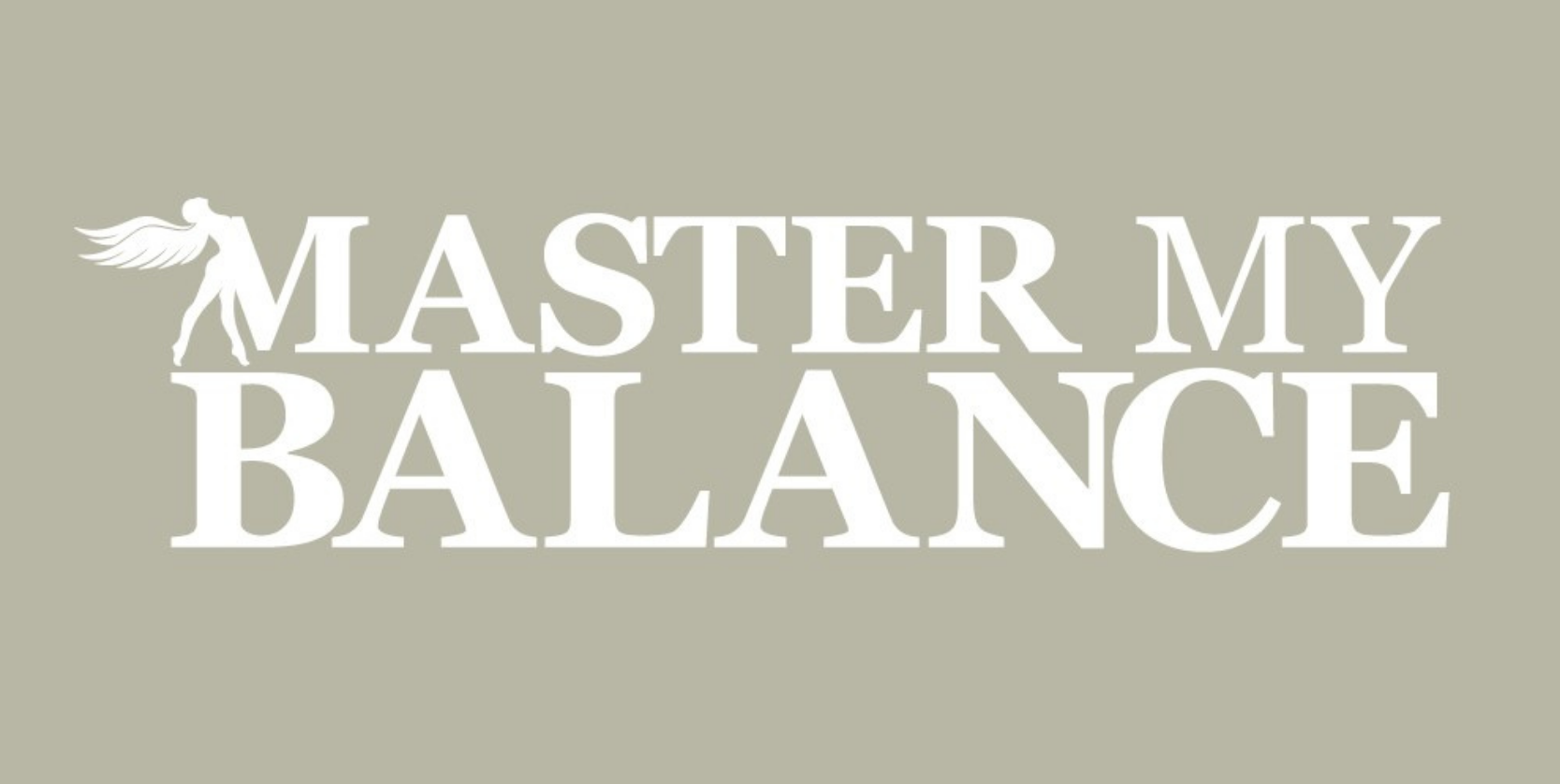Our emotions can influence our spending habits, leading us to make impulse purchases that we may later regret.
How you feel about yourself, and your current circumstances, can impact your money decisions. Most of what we do with our money is based on our emotions.
You may recall instances when you were experiencing difficulties and life wasn’t going as planned. It is during these difficult times that our emotions can creep into our purchasing habits. An impulse purchase you make may remove feelings of sadness and bring a brief moment of pleasure. However, that pleasure is usually short lived. When the reality of your spending kicks in, you may then experience feelings of regret and guilt.
Most impulse purchases are not necessarily items we need, but items we think we should have. These beliefs can come from external sources such as social media.
So many emotions can feed into our purchases, such as pride, envy, love. Understanding what triggers your emotions, can help you to combat those impulse buys.
Recognise the triggers to emotional spending
During periods of high stress or worry, our emotions can easily take over and trigger impulse purchases. We can be so eager to de-stress that we end up using shopping for this purpose.
When you are feeling low, it can trigger you to make a purchase to feel better. Christmas can increase already difficult times for people. Particularly so for those who have experienced breakups during the year, or maybe remembering a family member who is no longer with you. These feelings of sadness can lead to emotional spending.
Control your emotional spending as much as possible
Be alert to your triggers and the habits you use to address these triggers.
Limit your exposure to places/people that encourage you to emotionally spend. This could be a particular shop where you get triggered to make an emotional purchase. Or maybe an online influencer makes you feel like you need the items they have.
Make a budget of how much you wish to spend in advance of your Christmas shopping. You are more likely to stick within your means if you’ve planned your purchases in advance.
If you find your emotions are regularly having a big impact on your finances, investigate the option of attending counselling or a behavioural therapist to help you work through your emotions.



Recent Comments